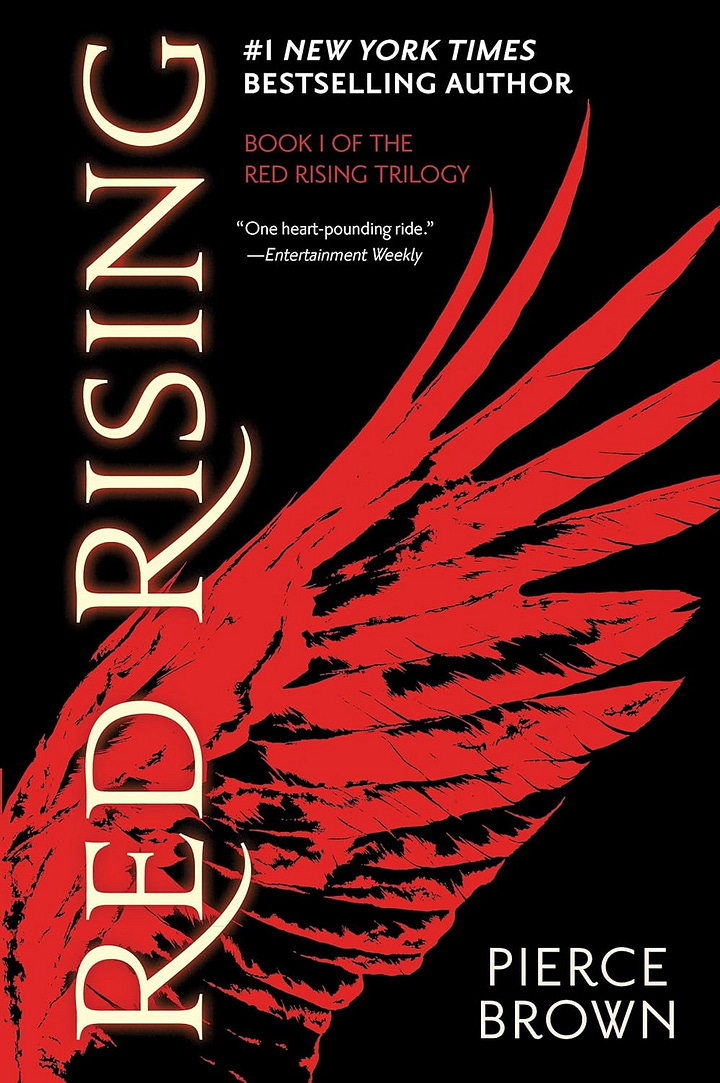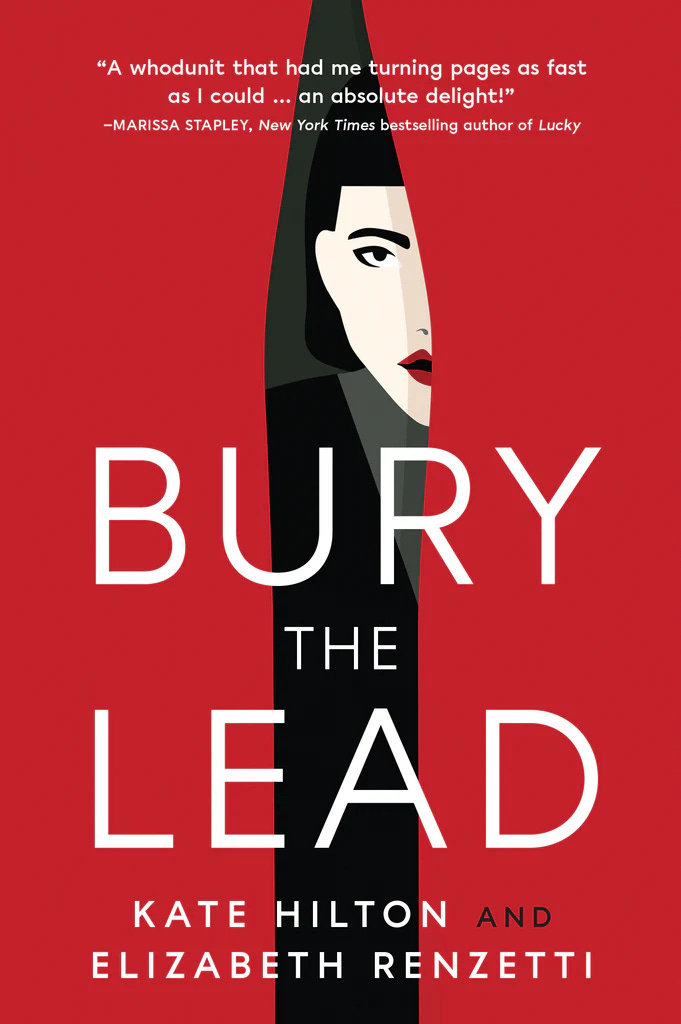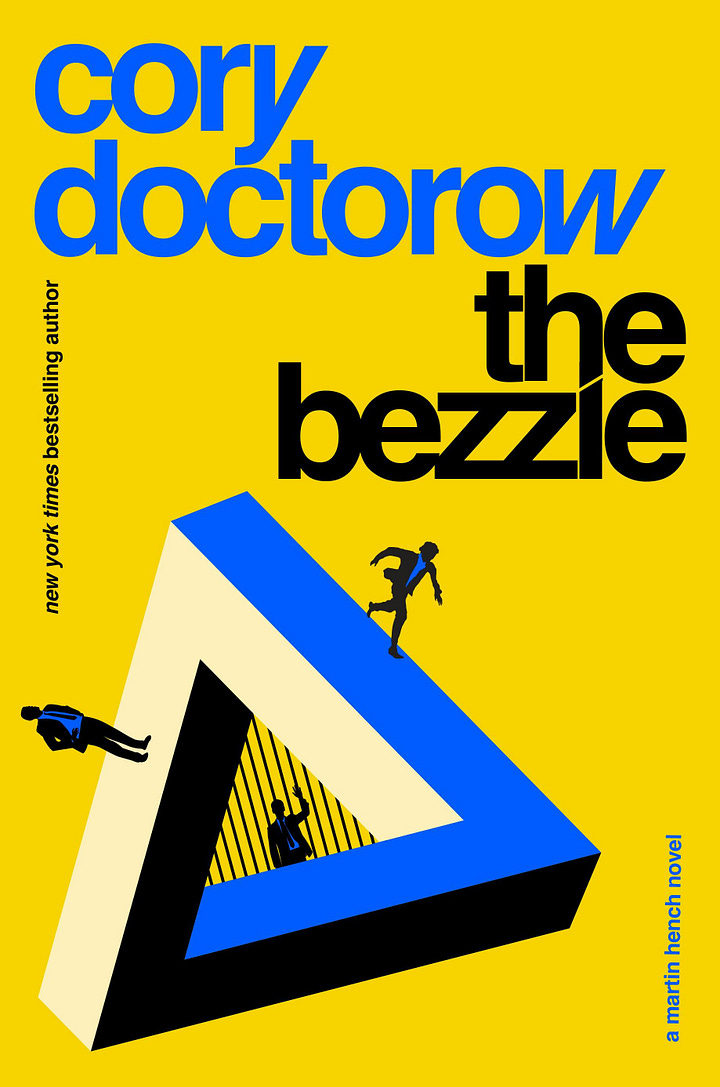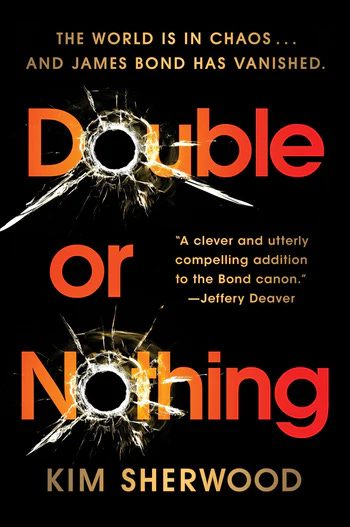Four Books You Should Read (Fiction Edition)
Plus, more to come on neoliberalism, an upcoming break, and the end of my podcast Open to Debate.




I’m going to wrap up the year next week with a discussion of neoliberalism and some books about it I think you might enjoy. I didn’t plan on having a three-part series on books for December, but it happened and I’m glad it did. It’s a nice way to end what’s been a…mixed year. Then I’m going on a break for two weeks before coming back in the new year and getting back to it with some new plans.
And speaking of plans, you might have heard that my podcast, Open to Debate, has come to an end after five years and 112 conversations. I’m proud of the work we did. And it was a hell of a run for a podcast. I’m also deeply grateful to the production team that made it possible. We ended the show with a conversation about political polarization, which I think is fitting.
Okay, on to business.
I try to read a lot because I enjoy it. A few years ago, I wrote about how you can boost your reading goals, if that’s important to you. It is to me. My reading includes both non-fiction and fiction. But while I love non-fiction, it always feels at least a bit like work because whatever it may be that I’m reading, it will induce me to want to write about it and connect it, as John Muir might have, to everything else. Novels give me a bit more freedom to escape.
Maybe you want an escape by way of fiction or maybe you want a didactic novel or maybe you want a little of each. Whatever you’re after, here are four books I read this year that I enjoyed and that may offer you a little joy or some useful lenses through which to view the world. Or both.
Red Rising (and the next two books in the trilogy) by Pierce Brown
Science fiction is inherently political. As a genre, it’s about what’s possible and what we do with what’s possible, for better or, often, for worse. Possibility always entails struggle, and Red Rising and the next two books in the trilogy are fundamentally about struggle — struggle over power, rights, and justice. It’s also one of the most gripping and well-written books I’ve ever read, marked by stunning scenes, three-dimensional characters, and a compelling plot.
The series tells the story of a low-class worker who rises up against upper-class oppressors. It’s adorned in references to antiquity and plenty of allegories and so much more. It’s neither subtle nor patronizing. It’s brilliant. And the graphic audio book — performed with a cast — is a great way to manage a hefty page count (that’s how I read the series after reading Red Rising initially as a softcover). Read this book. Then the next one. Then the next one. You won’t regret it.
Bury the Lead by Kate Hilton and Elizabeth Renzetti
I should declare a bias off the top here. I’m a journalist and I love mystery novels, for reasons I wrote about a few years ago. Bury the Lead is a mystery novel about journalists. I never stood a chance.
I loved the attention to details about how life works as an ink stained wretch. I appreciated that the book was set in Canada — in a fictional cottage-country town — but it wasn’t so preachy or self-conscious about it. We get enough of that from the news already and the dreaded Canada Angle™.
Beyond that, the book has a tight plot and interesting characters. An actor dies onstage, a small town’s secrets begin to spill out of the closet, everyone’s a suspect. A journalist leads the sleuthing. Great formula, great execution. There’s some social and economic commentary, too, and it blends well within the plot — almost as if it’s a character of its own, which is a neat device.
The Bezzle by Cory Doctorow
You may have one of those authors whose work you follow closely and every time they write something, you pick it up on day one — or earlier. Cory Doctorow is one of those writers whose work I pick up on day one — or earlier.
I’ve always found Doctorow’s novels to be unabashedly didactic and instructive in a practical way I enjoy. He has a talent for wrapping up lessons, moral or other, in fun plots. He’s done that in the Bezzle, the second novel in a series featuring Martin Hench, a forensic accountant out to expose big tech and big capital’s scams.
I loved the Bezzle because it’s at once a bit of a tech thriller, mystery, and noir. And Hench is a blast of a character, somewhere between hero and anti-hero. Also, the for-profit prison plot is a blood boiler that at once keeps you hooked and outraged, in no small part because, well, this work of fiction is supported by all too much wretched reality.
Double or Nothing by Kim Sherwood
A woman writing a James Bond novel was always going to invite the laziest, sloppiest, most sexist commentary the bowels of the internet could produce, and it did. Ignore the misogynistic “criticism” and read the book. It’s a blast. It’s a spy thriller full of the usual tropes and gadgets and car chases, which is exactly how it should be.
Double or Nothing puts Bond second and focuses instead on a team of agents hunting for him after his disappearance. It’s the first in a new trilogy that shakes up the Bond universe.
There is some deeper social and political commentary in the book both by way of updating the series for the times, but when I read it, I didn’t care and I wasn’t looking for it. I was looking for a fun spy thriller to read on a beach. This was a great one. You can take more from it than I did if you want to. But if you don’t, that’s perfectly fine, too. Not everything has to be a university course.


We have written down the Titles. Thanks and Merry Christmas.
These all look great - thanks for putting this out!!